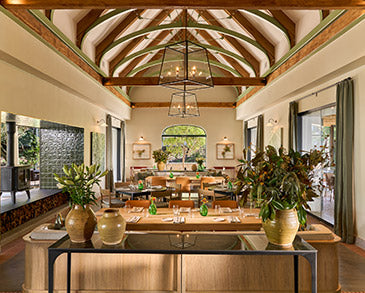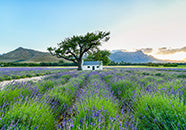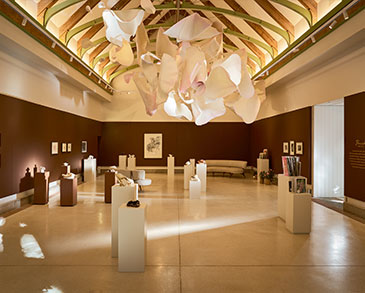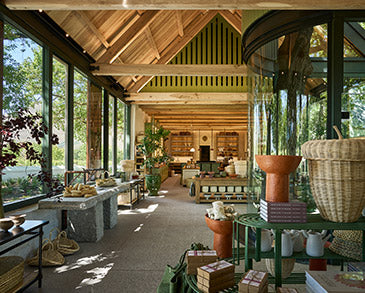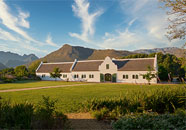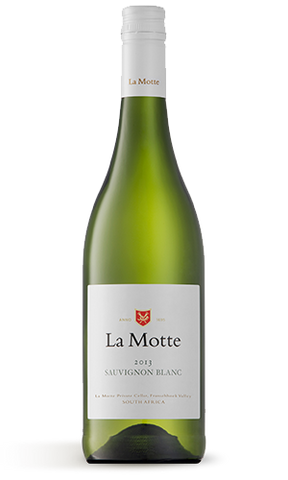
This wine was made from grapes originating from vineyards growing in different regions in the Cape winelands – Franschhoek (33%), Elgin (33%), Stellenbosch (20%), Elim (6%), Durbanville (5%) and Darling (3%).
The season started with a good winter, with high water levels in the soil and in dams. This resulted in good budding, approximately two weeks later than normal. In some areas, wind caused damage during November. The highest average December temperature in 48 years was recorded – no serious damage was caused, though. Closer to harvest-time, night temperatures were noticeably lower, which probably contributed to high natural acids, promoting quality. On 9 February harvesting was interrupted by rain, but without serious effects. Wines are fullbodied, with good intensity and high natural acids.
Each vineyard grows in its own macro climate and different clones are represented. All the vineyards are trellised and managed to maintain a perfect balance between leaf coverage and yield. Thanks to different terroirs, each region produces its own distinctive grapes, so grapes from each area make a unique contribution to the character of this wine. The grapes originating from Franschhoek and Walker Bay are organically grown.
Grapes were harvested at between 19 and 23 degrees Balling, to capture natural acids and produce fuller, riper flavours. The process was reductive, with cold fermentation (10 – 13 °C). After fermentation, the wine was left on the lees for three months to enhance complexity. For further complexity, the wine was blended with 5% Semillon. The first batch of 88 000 cartons (6 x 750 ml) was bottled on 27 May 2013 for release as 2013 La Motte Sauvignon Blanc.
Intense gooseberry followed by green apple, winter melon and lemon on the nose makes this wine very friendly and approachable. The natural acid is covered by the gentle, full and creamy palate. In spite of the low residual sugar there is a mellow sweetness on the palate.
Alcohol 12,87% vol
Total acid 6,6 g/l
Residual sugar 1,8 g/l
pH 3,34




